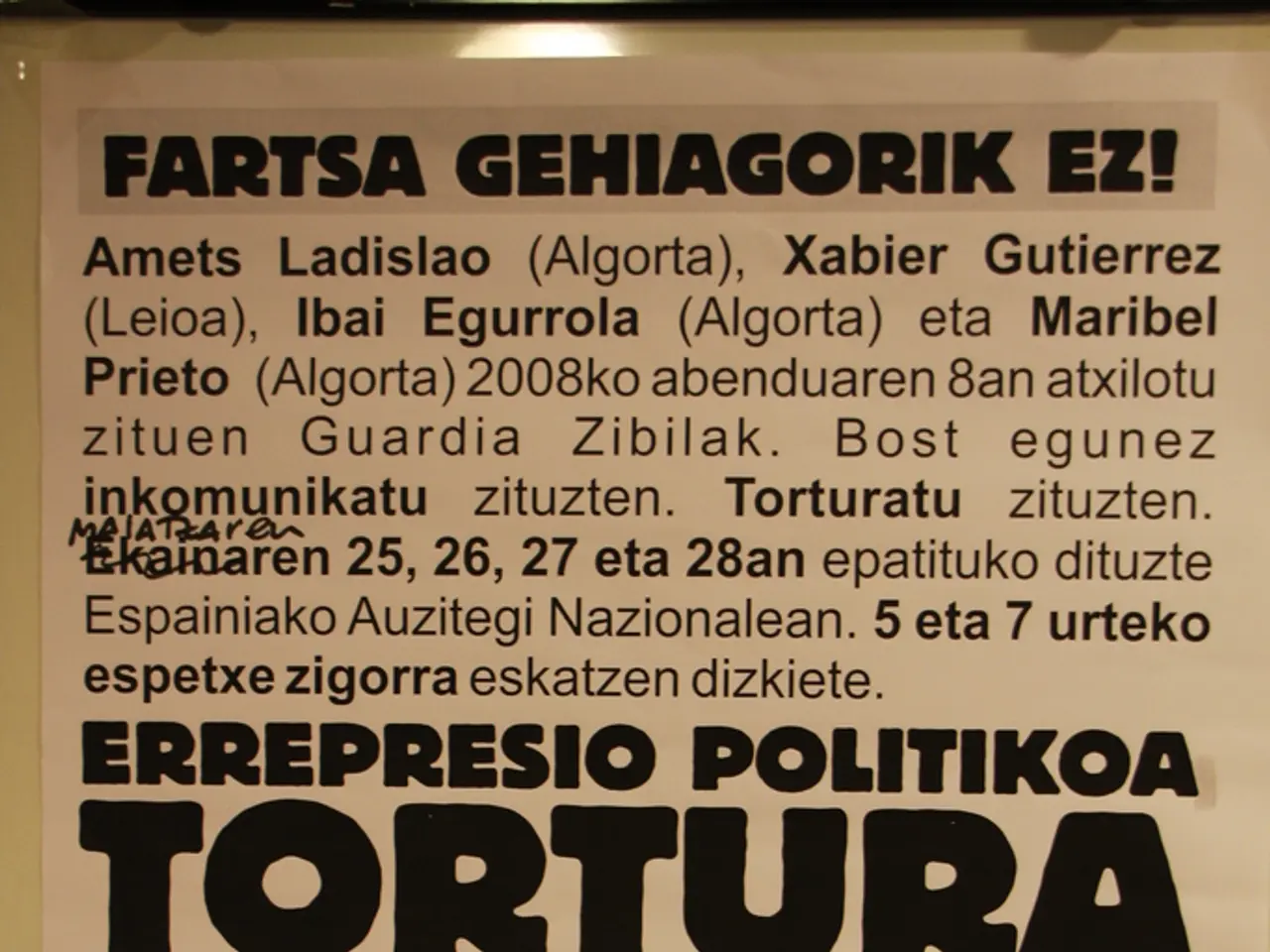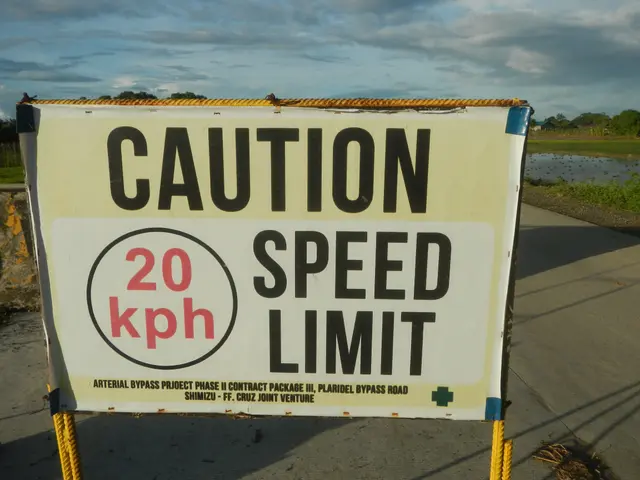European Civil Protection Mechanism Aids Spain in Battling Wildfires
EU Implementation Progress Report Examined by Commission
In an unprecedented move, Spain has activated the European Union's Civil Protection Mechanism to combat the severe wildfire season that has engulfed the country since August 2025[2][3][4]. This activation, the first of its kind in Spain, underscores the urgent need for international assistance in managing the wildfires that have scorched over 343,000 hectares of land[2].
Upon activation, the European Commission swiftly mobilized two rescEU water-bombing planes from France to aid Spain's firefighting efforts[2][3][4]. This support is part of a broader EU response that includes aerial assets and firefighters from various member states, demonstrating the Mechanism's capacity to coordinate international assistance during crises.
The EU Civil Protection Mechanism plays a vital role in coordinating and providing support to countries battling wildfires. In Spain's case, it has helped reinforce the national response by providing additional aerial firefighting capabilities. This is particularly important given the scale of the fires, which have affected regions like Galicia and Castile and León severely[2].
Spain's government has responded robustly to the wildfires, deploying extensive national resources. Over 50 aerial resources, including helicopters and planes, have been deployed by the Ministry for Ecological Transition[5]. The Ministry of Defence has engaged over 1,400 military personnel from the Military Emergency Unit (UME) directly in firefighting, with additional personnel for support missions[5]. Moreover, more than 5,000 Guardia Civil officers and 350 National Police personnel are involved in the response efforts[5].
The current situation across Europe mirrors Spain's predicament, with multiple countries, including Greece, Bulgaria, Albania, and Montenegro, also facing severe wildfires[2][3]. The increased frequency of activations of the EU Civil Protection Mechanism underscores the intensifying challenge of managing wildfires across the continent.
The Minister of the Interior, Fernando Grande-Marlaska, has put the European institutions on alert for potential firefighting assistance[1]. The National Coordination Center is currently managing 13 fires in Spain, with 11 of them at level 2 of the operational phase[1]. The CECOD has valued the extraordinary state resources available to continue supporting the work of the autonomous communities, such as the UME, the forest brigades of the MITECO, and the aerial means of this department piloted by members of the 43 Group of the Air Force and Space[1].
The weather forecast is unfavorable for the extinction of fires at least until next Thursday due to the dry storms that are expected and could generate new fires[1]. Another heat wave is forecast from Thursday, extending until the beginning of next week[1]. The CECOD has emphasized the need for continued support from the autonomous communities and the EU Civil Protection Mechanism to effectively combat the wildfires.
Read also:
- Germany's three-month tenure under Merz's administration feels significantly extended
- Hurricane-potential storm Erin forms, poised to become the first hurricane in the Atlantic Ocean this year.
- Skepticism About Climate Change Previously Held; Factors That Shifted Perspective Revealed
- Heavy rain causes flash floods in Hyderabad, resulting in severe waterlogging and disruptions to city life during a heavy downpour.







